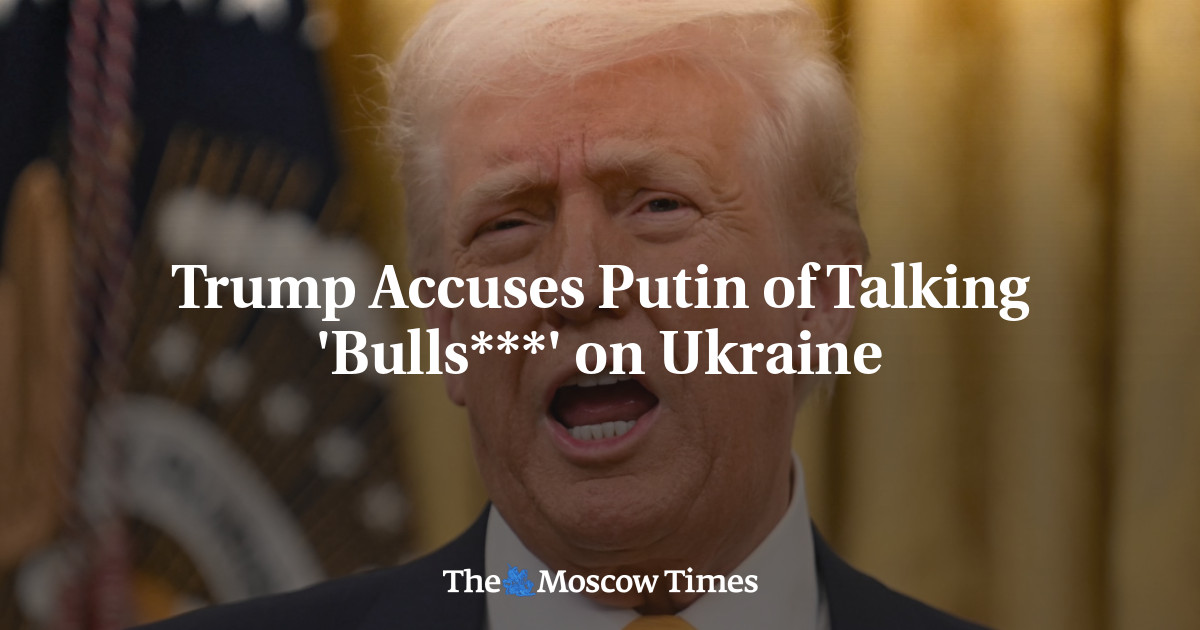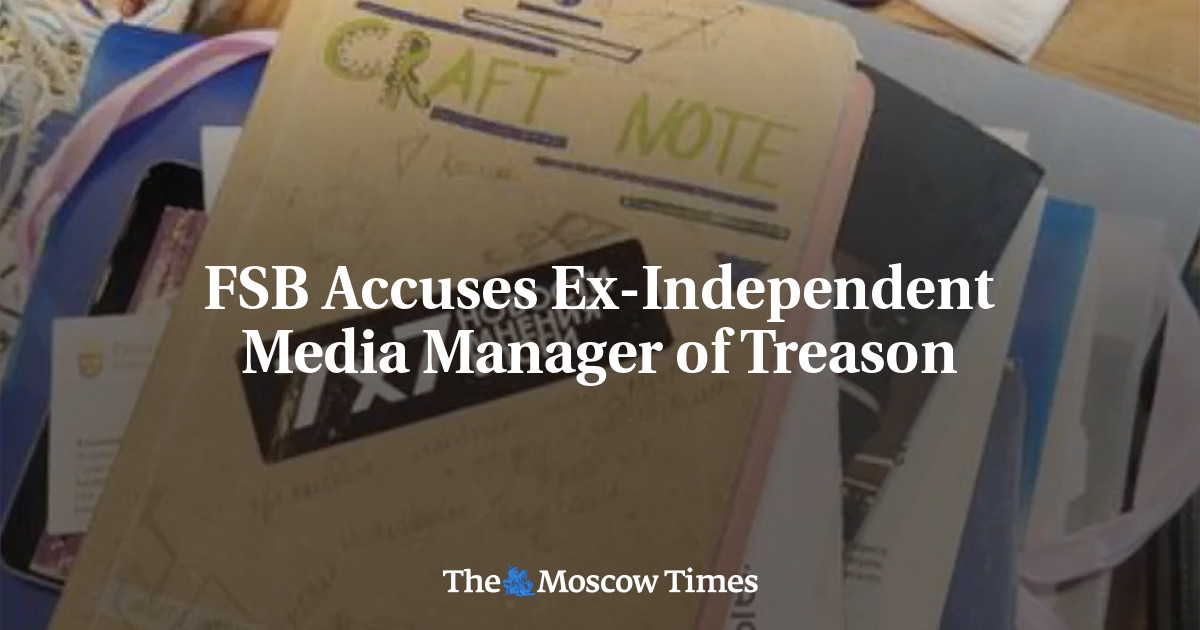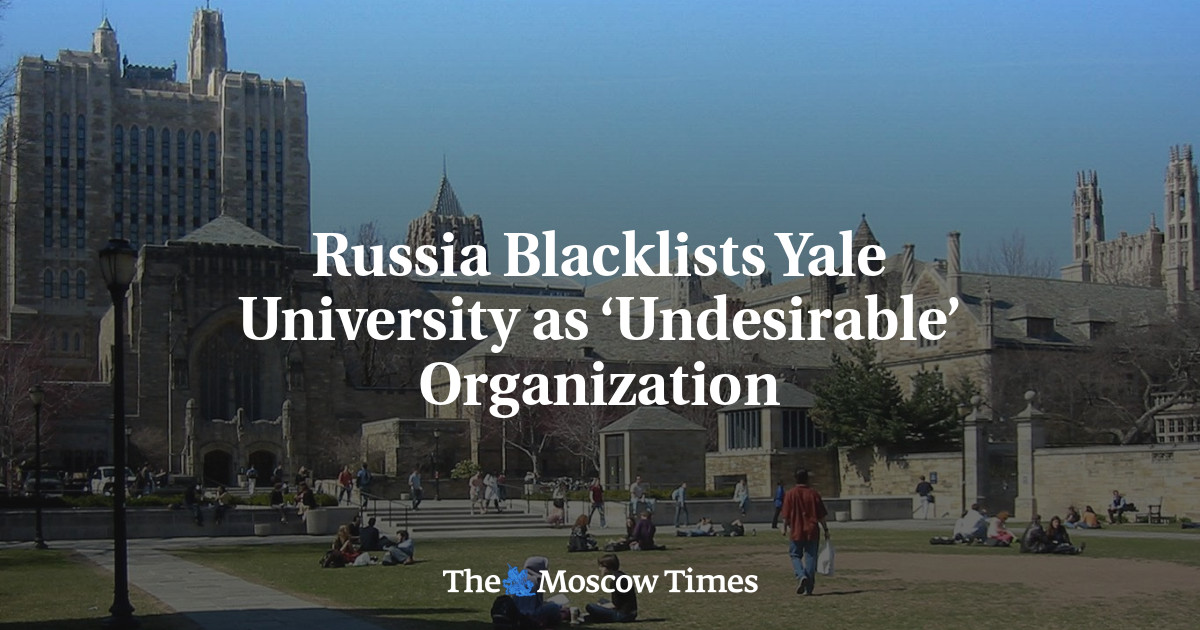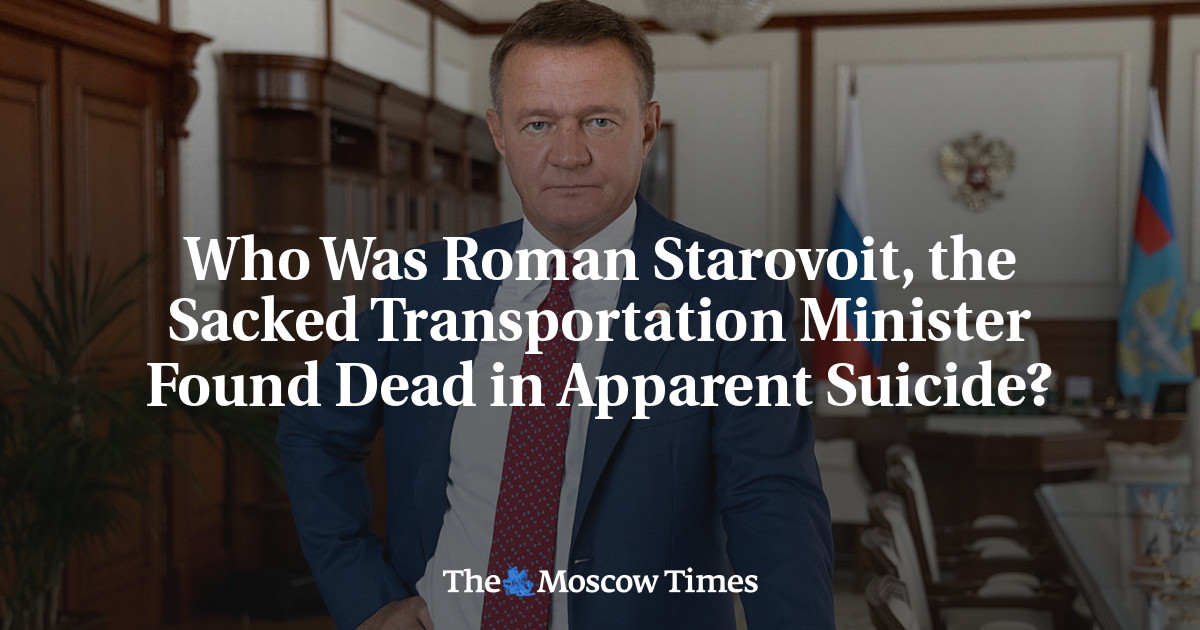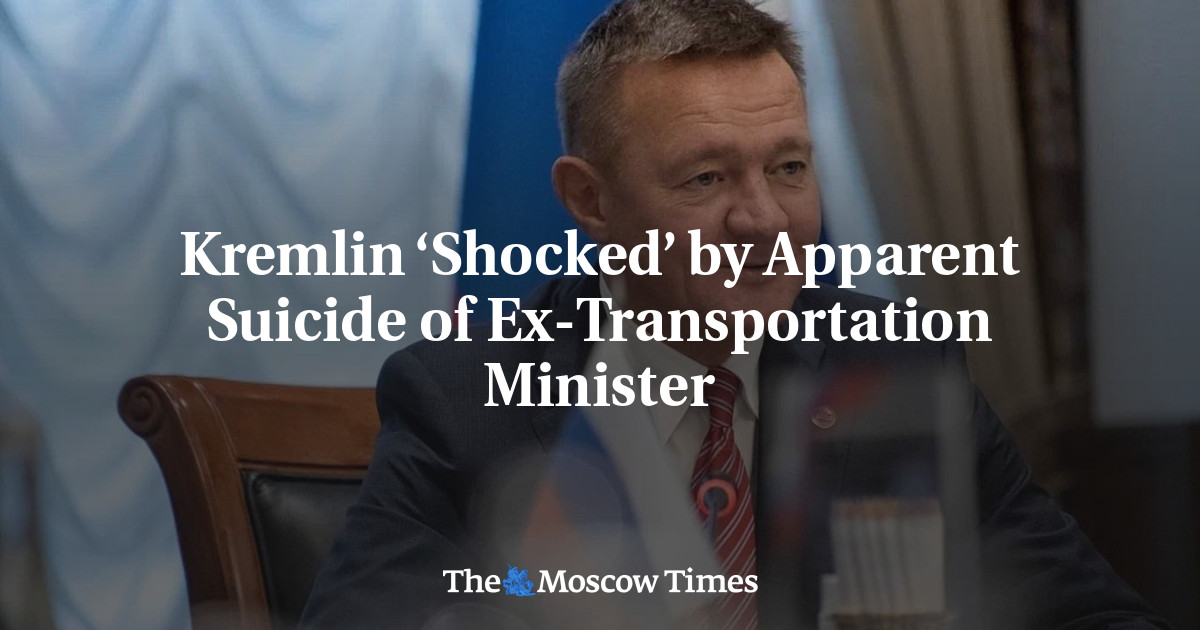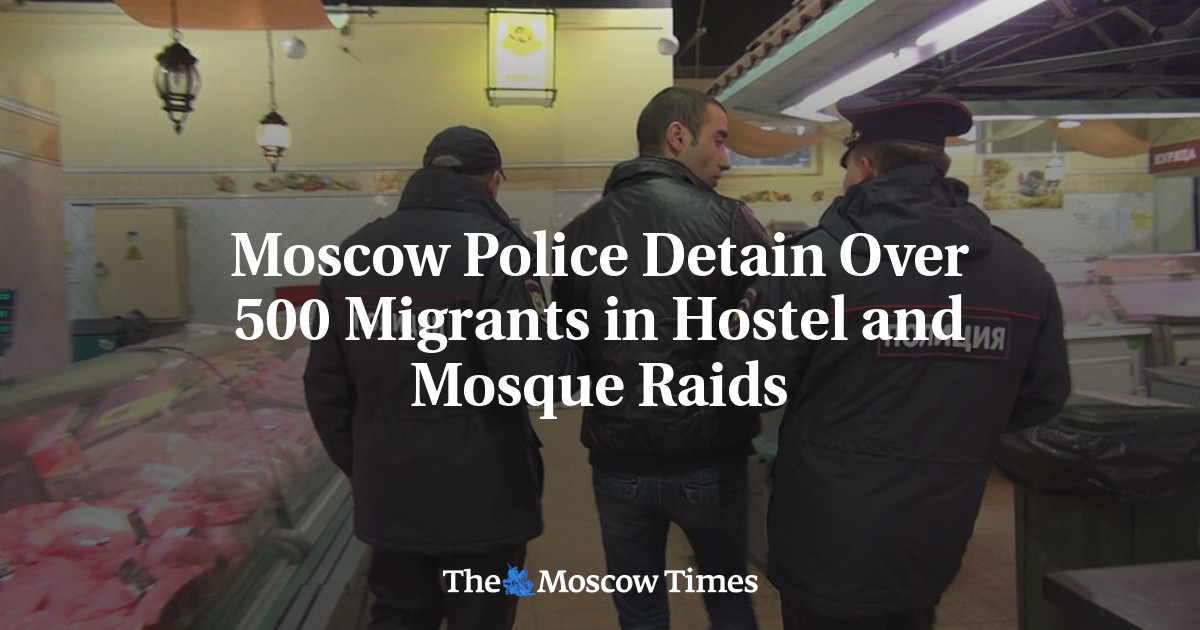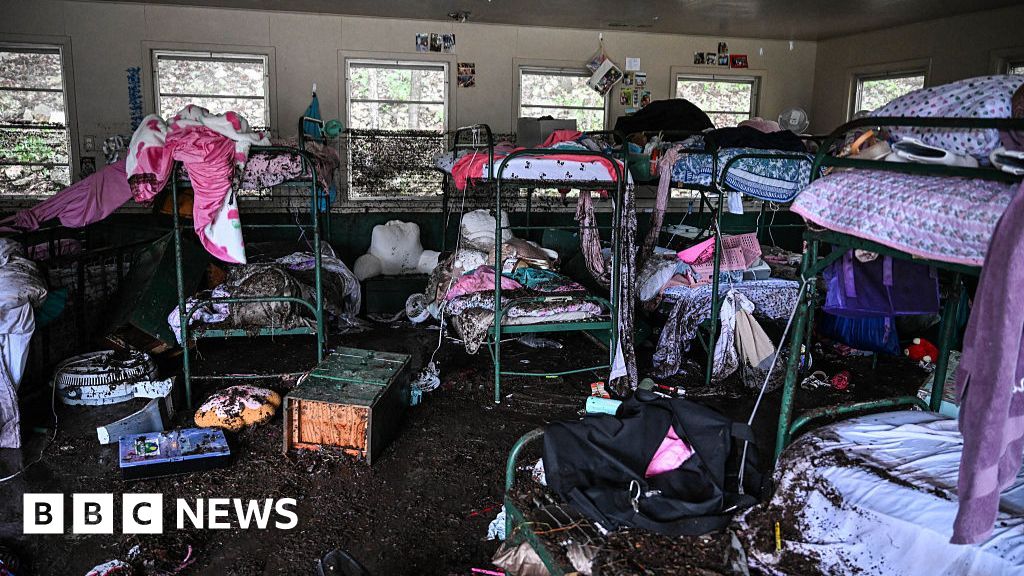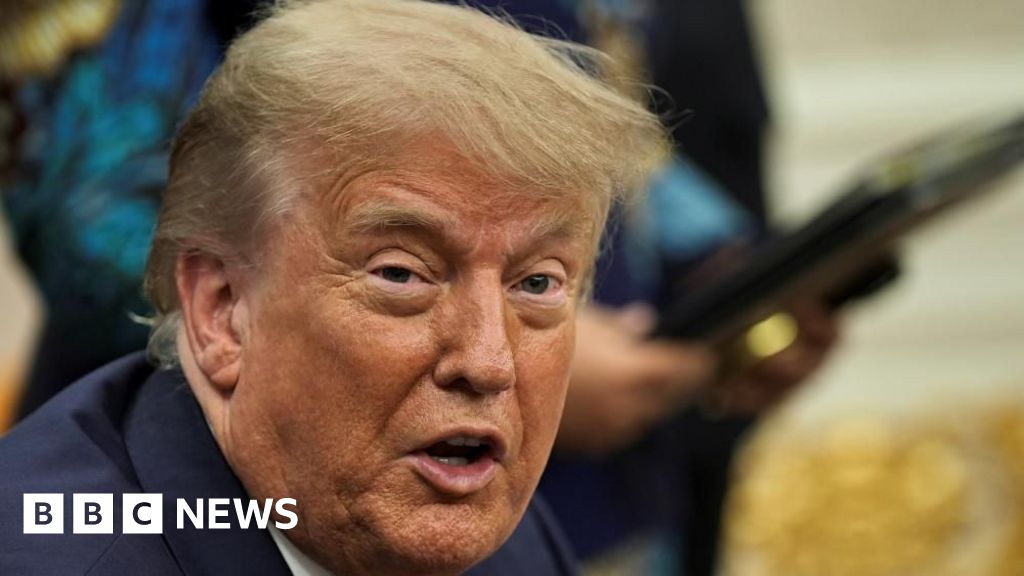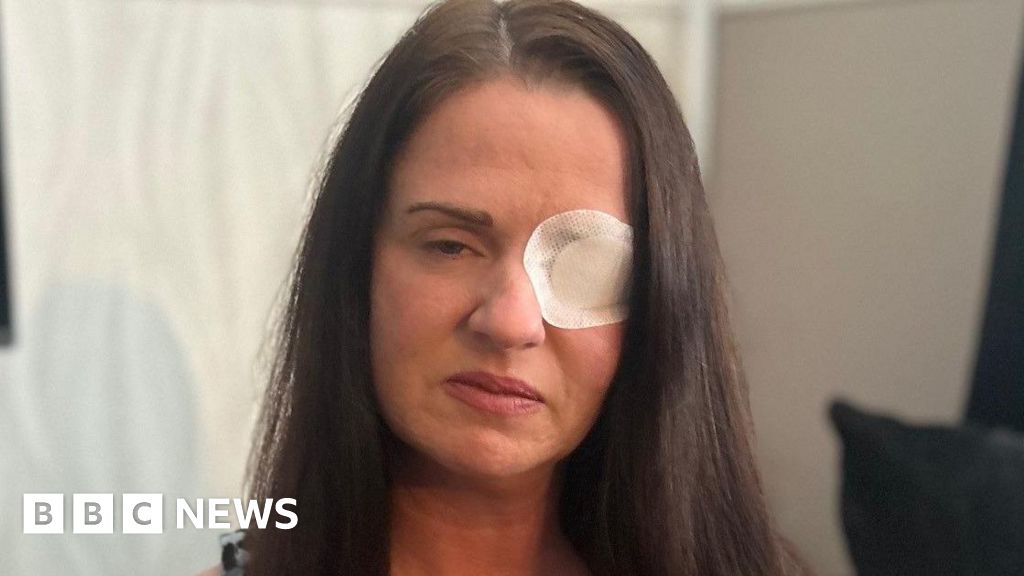Russian television network RTVI has launched broadcasts in Mali via the country’s largest provider, Malivision, the channel announced on Tuesday.
The move, which extends RTVI’s reach to an estimated 3 million viewers in the African country, is the latest in a broader push by Russian media outlets to expand influence across the African continent.
“The channel’s entry into Mali enhances its position in Africa and will create new prospects for expansion," said Andrei Popov, RTVI’s director of global distribution.
He added that the channel has “plans to deepen cooperation with local operators across the region.”
Since 2022, RTVI has claimed operations in 64 countries and unrecognized territories in Africa, according to CEO Dmitry Suryaninov.
While the channel primarily targets Russian-speaking audiences, its entry into Mali suggests an effort to broaden its messaging.
RTVI has been linked to Sergei Chemezov, the head of state-owned defense conglomerate Rostec who served in the KGB alongside Putin in Dresden during the Cold War.
“We lived in the same building and were in contact both professionally and personally,” Chemezov has said publicly of their shared past.
In 2017, RTVI was relaunched with funding from Israeli businessman Aaron Frenkel, who has partnered with Rostec in joint ventures.
But a 2021 investigation by the exiled outlet Proekt alleged that Chemezov was the true force behind the investment.
According to Proekt, the channel’s U.K.-registered copyright holder, Brenrose Limited, was headed in 2018 by Kirill Ganin, who was simultaneously employed by Rostec-affiliated companies. That same year, Tatyana Druzhneva, a former executive at a Rostec contractor, was named RTVI’s executive director.
In 2019, ownership was transferred to Mikayel Israyelyan, an American entertainment industry entrepreneur of Armenian descent with no prior ties to Russian media.
Sources quoted by Proekt suggested Israyelyan may have acquired the channel on behalf of another party.
A former senior official familiar with Chemezov told Proekt that the Kremlin viewed RTVI as a “liberal project” useful for projecting a controlled image of media pluralism.
“A balance was needed to show the world there is freedom of speech in Russia,” the official said, but added that the channel “remained tied to the security services and took orders from Putin.”
Rostec has denied any connection to RTVI.
A Message from The Moscow Times:
Dear readers,
We are facing unprecedented challenges. Russia's Prosecutor General's Office has designated The Moscow Times as an "undesirable" organization, criminalizing our work and putting our staff at risk of prosecution. This follows our earlier unjust labeling as a "foreign agent."
These actions are direct attempts to silence independent journalism in Russia. The authorities claim our work "discredits the decisions of the Russian leadership." We see things differently: we strive to provide accurate, unbiased reporting on Russia.
We, the journalists of The Moscow Times, refuse to be silenced. But to continue our work, we need your help.
Your support, no matter how small, makes a world of difference. If you can, please support us monthly starting from just $2. It's quick to set up, and every contribution makes a significant impact.
By supporting The Moscow Times, you're defending open, independent journalism in the face of repression. Thank you for standing with us.
Continue
![]()
Not ready to support today?
Remind me later.
 (1).png)
 10 hours ago
1
10 hours ago
1
